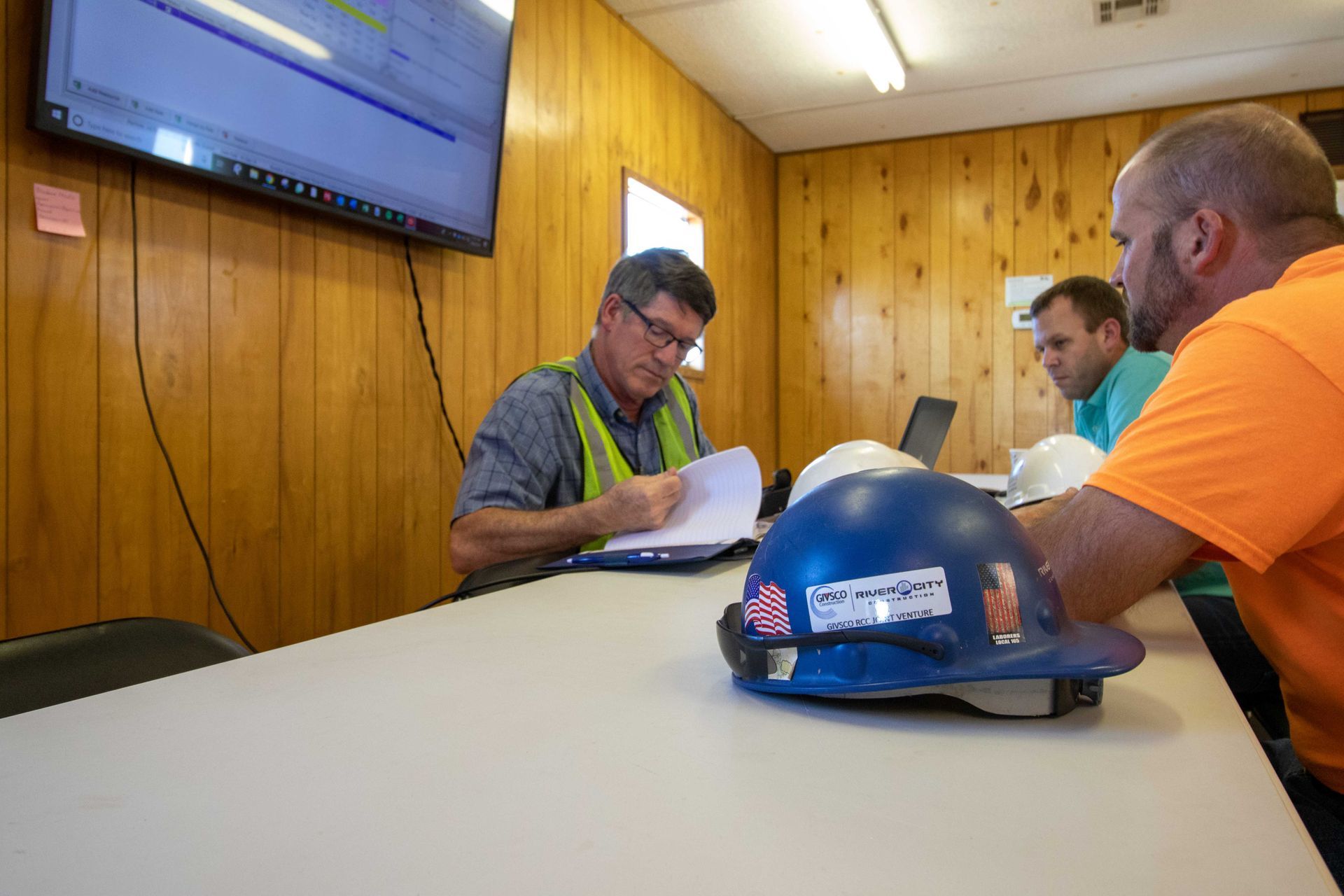How to Prevent Construction Project Disputes
Construction business owners face mounting challenges these days that deeply impact their profitability and overall success, and that includes the risk of construction project disputes. These disputes can center around a number of factors that can cause budget overages, work delays, and even litigation, and that’s something your reputation may not be able to withstand.
The good news is that construction disputes can be prevented if owners, clients, and subcontractors take steps to avoid miscommunication and concentrate on optimizing planning and scheduling.
Define Clear Goals
From the outset, all parties involved must set clear goals for the construction project and lay out expectations. These must also be realistic milestones with attainable budgets in place, and everyone must agree on these terms. Underestimating these goals or ambiguity in costs could increase the chances of a dispute arising.
Staffing requirements should fall under this umbrella as well. The right skills need to be applied at each stage of the project, and on time. Communication along the way should be clear, especially if there are problems that prevent work from being completed according to schedule. Without these expectations in place, you could be faced with a dispute.

Read and Understand Contracts
Don’t sign any contracts without thoroughly going through every page of every contract with a fine-tooth comb. Don’t stop there — understand the terms and ask questions before making any legally binding agreements and establish that all participants are clear as well. Be wary of one-size-fits-all agreements; every contact should be tailor-made for each individual project and fit the needs of the parties involved.
Some of the details that most commonly trigger disputes include scope of work, payment specifications, change provisions, scheduling, completion dates, and any damages incurred from work delays. All of this should be clear before anyone signs anything, and no work should be started until all questions are squared away.
Create a Margin for Error
There’s no way to control every moving part of a construction project, and even with the most precise planning, the unexpected can throw everyone for a loop. A solid risk management strategy can alert all parties involved to potential issues, creating a stopgap before progressing to a full-fledged dispute. These strategies should be job-specific and include resolution methods and resources.
Go one step further and train everyone involved on how to identify possible issues like schedule delays, invoice non-payments, unfair work expectations, or lack of communication. When these problems are reported, project managers need to take immediate action using an established reporting system that gets stakeholders involved. It’s incredibly helpful to include outlines for these processes in the contract.

Facilitate Collaboration
Think about all of the team members that will work on one particular project, from the initial conception of the project to the proposal, and even the post-construction cleanup stage. Everyone has their own style of working and communicating and reacting to stressful situations. Miscommunication can (and does) happen frequently, and without the right tools, it can lead to a dispute.
At each step, reiterate the expectations you set forth at the beginning of the project. Don’t assume that this information is easily retained or remembered, and redefining what you need from them on the job holds everyone accountable. Establish a single point of contact that will act as a liaison in case questions arise and provide them with tools to facilitate clear, concise, and straightforward communication.
Bring in Help
Even for seasoned veterans, it’s not always easy to manage the thousands of tasks that are required to keep construction projects running smoothly. Because construction scheduling is a critical part of your project and preventing disputes, sometimes it takes an expert on the ground to oversee things.
Having an expert guide you through the Critical Path Method (CPM) or train your staff on Primavera is a move that will offer a major return on investment for the project, but especially for helping to avoid costly disputes. Primavera scheduling software utilizes CPM and can be updated in real-time, and it’s most successful when everyone involved — stakeholders, contractors, subcontractors, and suppliers alike — buy into the work plan.
When starting a project with TD Wilson, you have the benefit of not only our decades of experience but also our expertise with today’s top CPM software products. Our daily, weekly, or monthly updates ensure accurate reporting and facilitate enhanced communications. Your CPM Schedule also provides a valuable project history.
Request an initial consultation on your project today — like an insurance policy, working with us helps prevent costly construction project disputes and claims.







